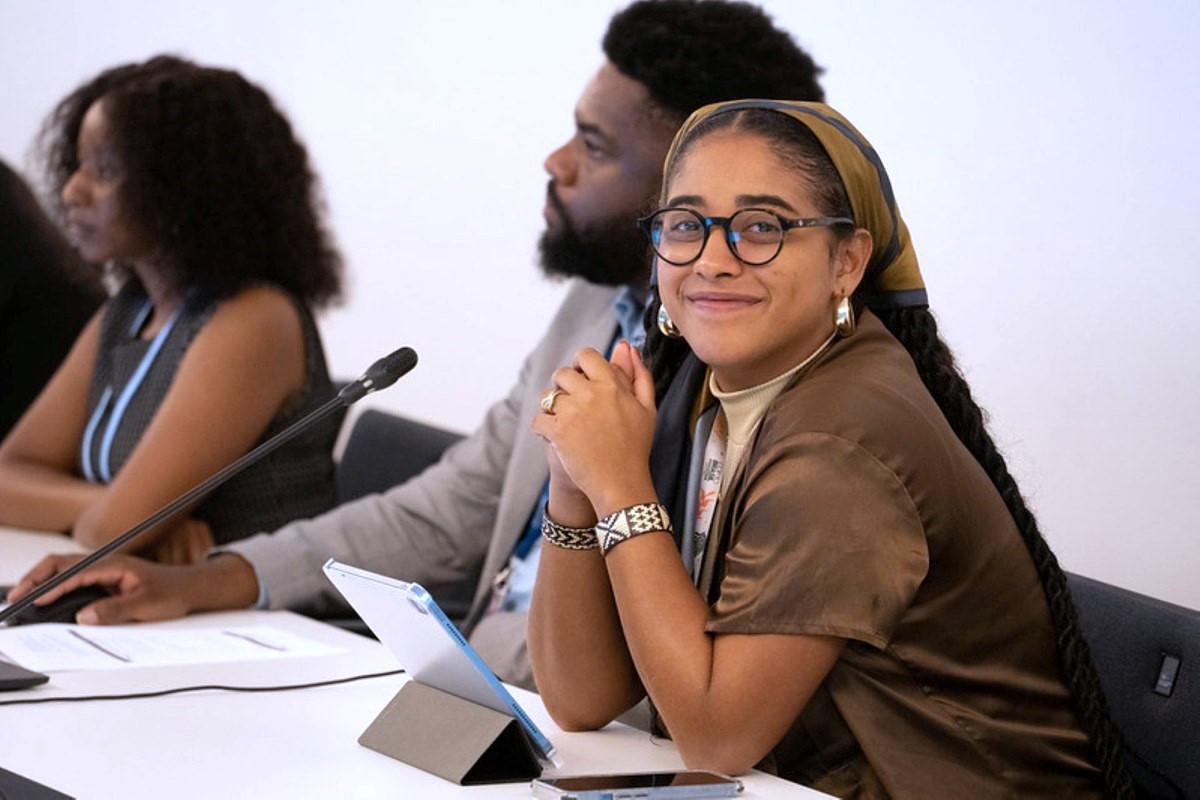Brasil, Germany, and Canada: climate debates are taking place across the country and worldwide
G7 and United Nations meetings, along with Brasil's policies, are driving discussions on the transformations and adaptations that climate change demands from governments, companies, and citizens

By the COP30 Presidency
On Tuesday, April 17, as global attention turns to Kananaskis, Canada, where President Luiz Inácio Lula da Silva is participating in the G7 Summit, representatives from the COP30 Presidency are engaged in an intense schedule at the UN climate sessions in Bonn, Germany. This week, in two venues more than 7,000 kilometers apart yet complementary, Brasil is reinforcing the message that the climate crisis is a crosscutting priority in the country’s foreign policy and sustainable development agenda.
The G7 convenes the world’s seven largest economies, alongside special invitees such as Brasil, at its annual assembly in Canada. Concurrently in Germany, the SB62 negotiations gather representatives from nearly 200 countries, aiming to advance the technical and political discussions crucial for global climate action in preparation for COP30. This landmark climate conference is scheduled to take place in Belém in November 2025.
In Bonn, the Brazilian COP30 Presidency, led by Ambassador André Corrêa do Lago, is outlining the conference’s ambitious objectives: strengthening multilateralism and rebuilding international trust, and accelerating climate action. This acceleration will be based on existing consensus, particularly the Paris Agreement—established a decade ago to address the climate crisis—and will further pivot around key themes such as climate finance, adaptation strategies, and a just transition.
In Canada, President Lula is participating in the G7 meeting as a distinguished guest of the Canadian government. His presence at the summit is underscored by the mission of positioning COP30 as a global milestone for ecological transition, the imperative fight against inequality, and the establishment of a new, more equitable and inclusive climate governance.
The Brazilian delegation's session at the G7 will center on policies designed to safeguard communities globally, reinforce energy security, facilitate digital transition, and emphasize the critical role of international partnerships in shaping a prosperous future for all nations.
Beyond inviting global leaders to COP30, President Lula is expected to reiterate Brasil’s call for developed nations to fulfil their climate commitments, particularly with regard to the climate finance agreed upon within the Paris Agreement a decade ago. While acknowledging significant progress, he is expected to emphasize the need for greater effort, additional resources and faster implementation. Additionally, the Brazilian president is set to address the consequences of ongoing global conflicts.
Domestically, Brasil’s policies consistently reinforce its assertive climate leadership on the global stage. The country has one of the cleanest energy matrices in the world, with around 90% of its electricity coming from renewable sources. Furthermore, Brasil was among the first 22 countries to submit an updated Nationally Determined Contribution (NDC) under the Paris Agreement, demonstrating its commitment to increased climate ambition.
NDCs are the climate commitments that each country submits under the Paris Agreement, detailing emissions reduction targets and adaptation actions. They represent the national effort to confront the climate crisis and are periodically updated to increase ambition. Each Party to the Agreement submits its NDC to the UN Framework Convention on Climate Change.
Brasil's participation in two of the most important forums on sustainable development this week signals the country's commitment to hosting an innovative and participatory COP. It also demonstrates its determination to play a leading role in the global transition to a new economic model that is more sustainable, regenerative and centered on improving people's lives.
English version: Trad. Bárbara Menezes.
Proofreading by Enrique Villamil.
